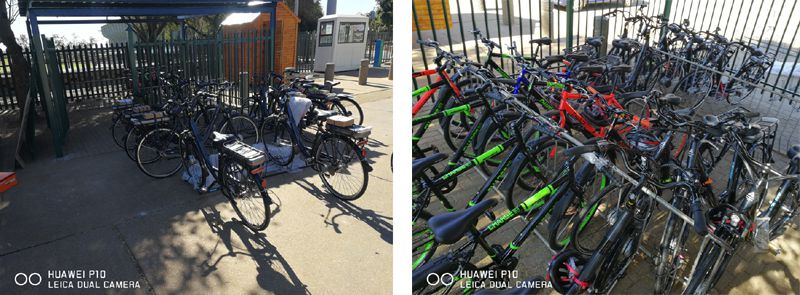
Top stories






More news





















Construction & Engineering
Protecting the people who keep your business moving










Bike-sharing has become a fast-growing trend in major world metro’s and is considered a convenient, affordable and practical mode of transport, also not forgetting the health benefits it offers. Non-motorised transport also presents the opportunity to reduce congestion and furthermore decrease negative environmental effects such as air and noise pollution.
The project was rolled out in a controlled environment between LC de Villiers Sports Ground and UP main Campus. The main bicycle station was situated at the LC de Villiers sports grounds at a dedicated and secure kiosk. The location was informed by its proximity to the students’ residences, security considerations as well as the existing park and ride facility. The location allowed bicycle users to commute to and from class or the office and the station was managed by unemployed youth that was trained in bicycle care and maintenance.
The project utilised the standard and electric bicycles (e-bikes) to test user preference and practical roll-out dynamics associated with such an operational configuration. An e-bike is similar to the standard bicycle but is fitted with a battery and a motor that gives the user the option to have motorised power when needed, e.g. on inclines or for longer than regular commutes.
To access the bicycles, the users made use of the Bike Sharing Management App to register and make bookings. A GPS tracking device was installed on each bicycle to also relay telemetry on routes, trip duration, etc.
One bicycle user described the e-bike as “enjoyable and fun”. “The project made a difference to a lot of people,” said another user. There was significant demand for the bike-sharing service towards the end of the project and even some unexpected entrepreneurial collateral when certain users started using the bicycles to deliver food parcels for a fee.